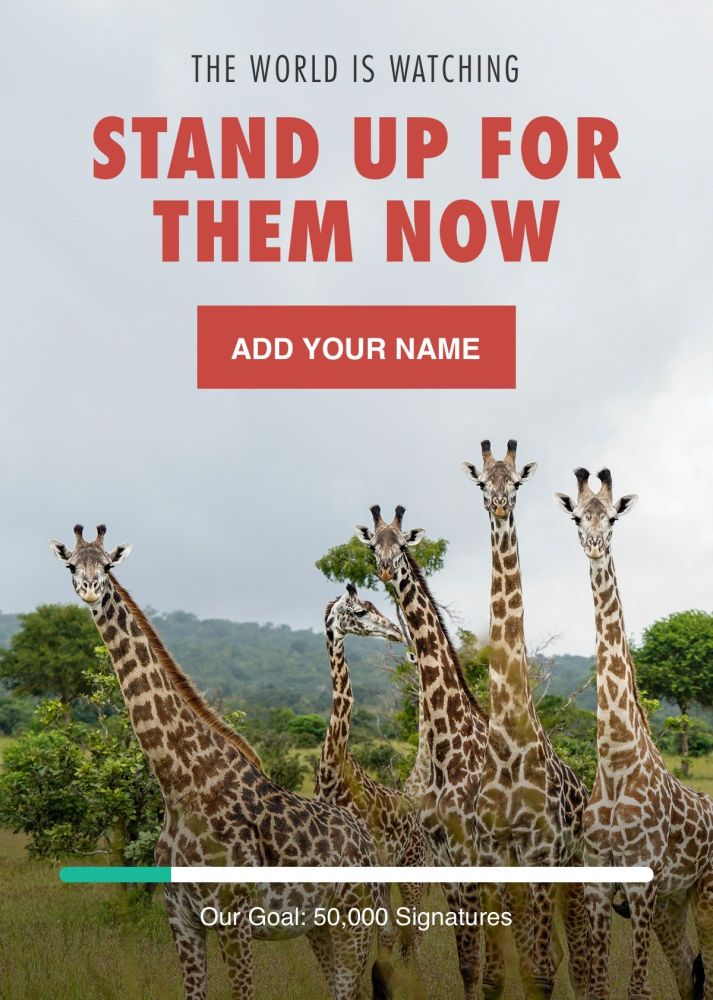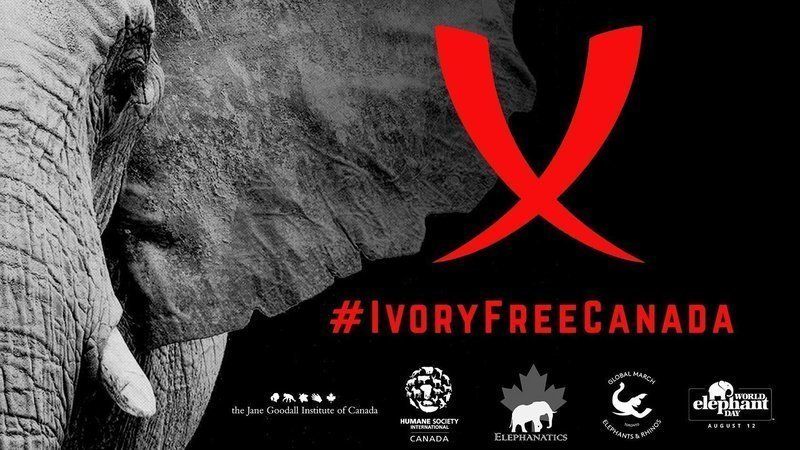Meet the Bears airs on BBC2 tonight (4th Nov 2019) at 8pm - don't miss it!
Posted on
|
Don’t miss it! Meet the Bears on Natural World Tonight, (that’s BBC2 at 8pm UK time, 4 November 2019), Natural World takes a look at the habits of a family of bears in “Meet the Bears”. The programme looks at the skills they need to learn to survive, such as finding food, raising their cubs, facing rivals and habitat loss. It introduces bears in all their different forms from the spectacled bear to the sloth bear, the polar bear and the grizzly bear. The footage should be quite something to see and there are short clips to enjoy while we’re all waiting. Hugh Bonneville is the narrator. If you miss it, the programme should be available on IPlayer shortly after viewing, and there’s the most beautiful gallery of pictures you can take a look at here. Visit Meet the Bears’ website here You’ll find a list of bear charities here. PS The week after, on 11 November 2019, Natural World looks at Saving the Orangutan. |

